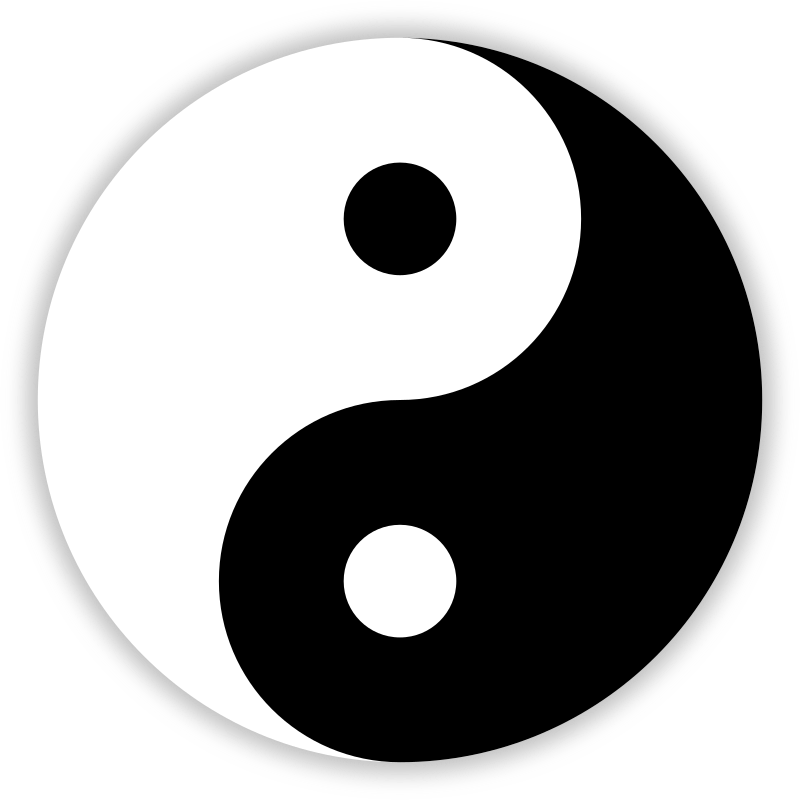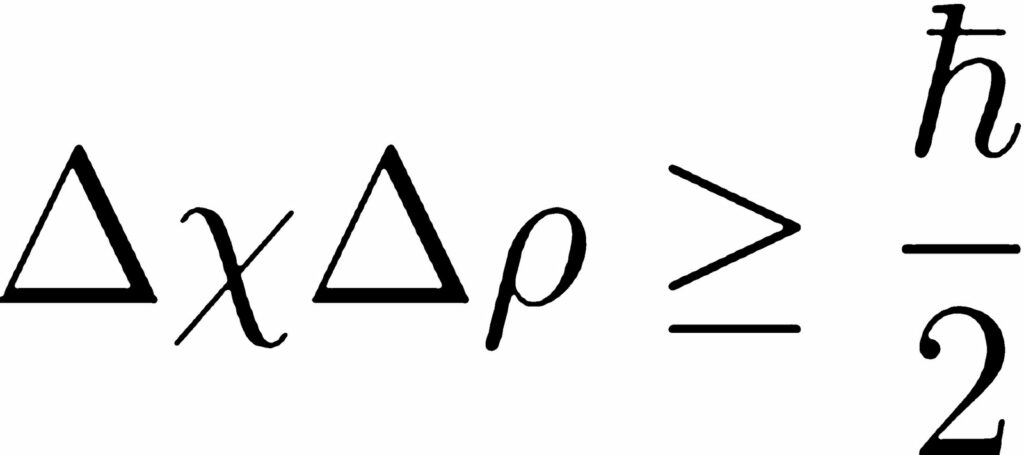
“The line between good things and bad things is very thin. Most of the time, you can find them at the same place.” ― Yumi Tamura, 7SEEDS 21
Here I show that every phenomenon has both positive and negative sides of comparable importance, which in itself is vital for exposing any biases (and convincing opponents to be more flexible with each other)
Of course, some things are better than others. But they are also more subtle and fragile, thereby demanding care and protection, consuming time and money, limiting our freedom, and making us vulnerable. On the other hand, even the worst things have a positive side in that they accelerate “life lessons,” thereby making us wiser, teaching us to be more prudent, grateful and delicate, inspiring interest and action rather than indifference.
Good things are constantly born out of seemingly bad things, and vice versa, see Good and bad, it’s all the same: a Taoist parable to live by
This also leads to many paradoxes – it is enough to recall Tao Te Ching quotes, e.g., “What is soft is strong.” “Not-knowing is true knowledge.” “By letting go it all gets done.”
If the good and the bad were not so closely interrelated, then everything would either unite into a single homogeneity or be destroyed into nothingness. Therefore, if something exists, then its good side slightly prevails over the bad side. And if something ceases to exist, then its bad side slightly outweighs its good side. See What’s Taoism.

This balance is difficult to detect for the same reason why the Heisenberg uncertainty principle works. The more accurately we measure the particle’s position, the less accurately we know its velocity, and vice versa. Likewise, the more we focus on a good side, the less we understand its bad side, and vice versa.
Also, recall the Goedel’s incompleteness theorem: “in any reasonable mathematical system there will always be true statements that cannot be proved”. Similarly, in any life situation, there will always be true judgments that cannot be proven.
This means that questions of “good and bad” should be left to the discretion of each person. Social systems and justice suggest that people are unable to determine what is good or bad, thereby condemning many to confusion. In nature, however, everyone knows what is good and what is bad. Why, then, are people different?
Often we are misled by blind faith in science, forgetting that science itself calls for doubt, not faith, especially blindly. In addition, science denies everything it cannot measure. However, all the best things in life are too subtle to be measured. Our happiness, care, love, awe – all are ignored by science, giving biased conclusions.
All of this does not mean that we have to tolerate bad things, as Tolerance Does Not Mean Tolerating Intolerance. This only means that good deeds are guided by the human heart, and not by some rules or legislative laws, which in the name of “good” always turn into “bad”:
“The key to growth is the introduction of higher dimensions of consciousness into our awareness.” – Lao Tzu
“The line separating good and evil passes not through states, nor between classes, nor between political parties either — but right through every human heart — and through all human hearts. This line shifts. Inside us, it oscillates with the years. And even within hearts overwhelmed by evil, one small bridgehead of good is retained” ― Aleksandr Solzhenitsyn
“Without Good, there is not Bad, and without Bad, there is not Good; similarly, every object displays its opposite object. Thus, learn to face and live with that.” ― Ehsan Sehgal
“There is nothing either good or bad but thinking makes it so.” – William Shakespeare
“The meaning of good and bad, of better and worse, is simply helping or hurting.” – Ralph Waldo Emerson
“Good people do not need laws to tell them to act responsibly, while bad people will find a way around the laws.” – Plato
“We do not need to get good laws to restrain bad people. We need to get good people to restrain us from bad laws.” – Gilbert K. Chesterton
“With bad laws and good civil servants it’s still possible to govern. But with bad civil servants even the best laws can’t help.” – Otto von Bismarck
“It is difficult to make our material condition better by the best law, but it is easy enough to ruin it by bad laws.” – Theodore Roosevelt

